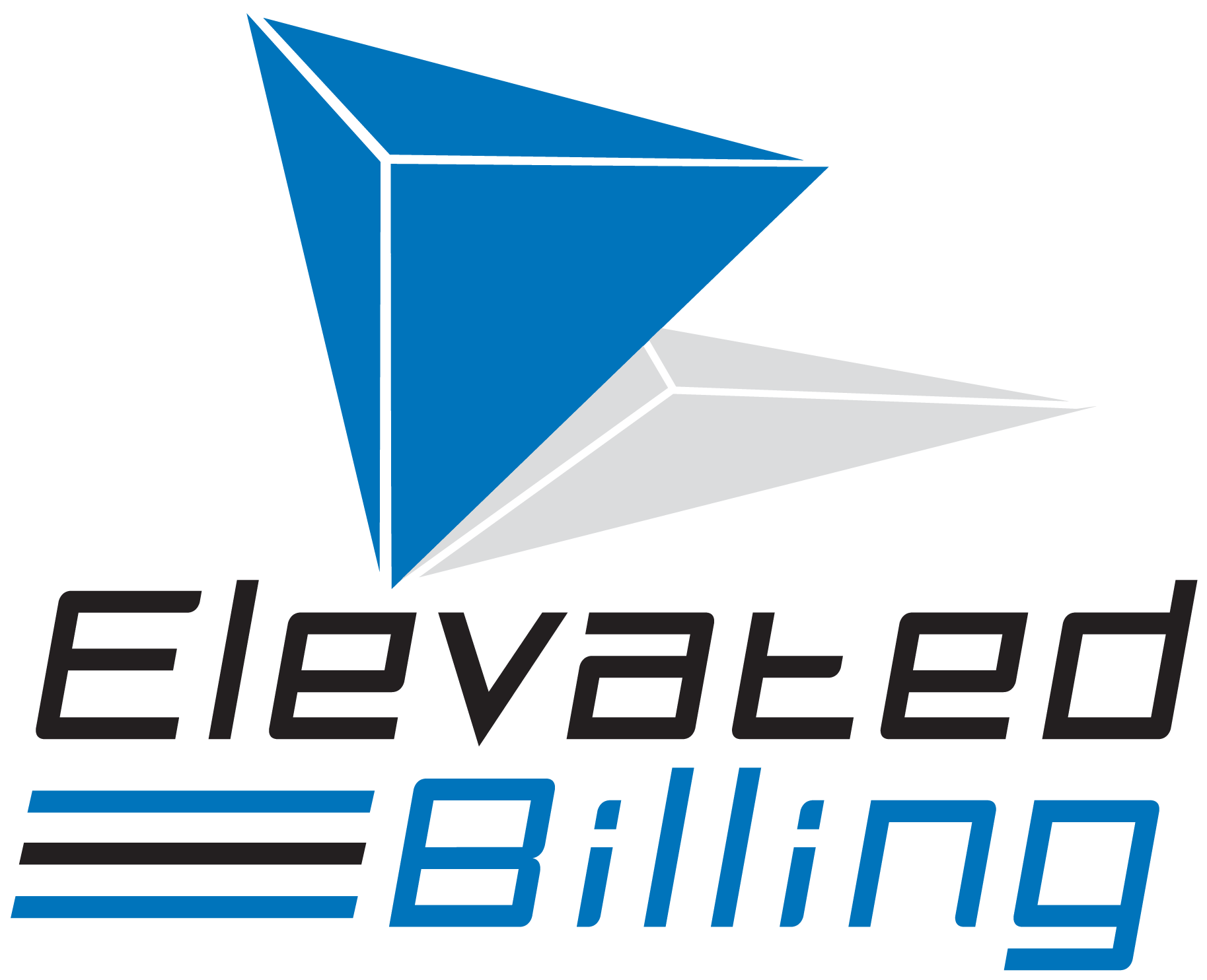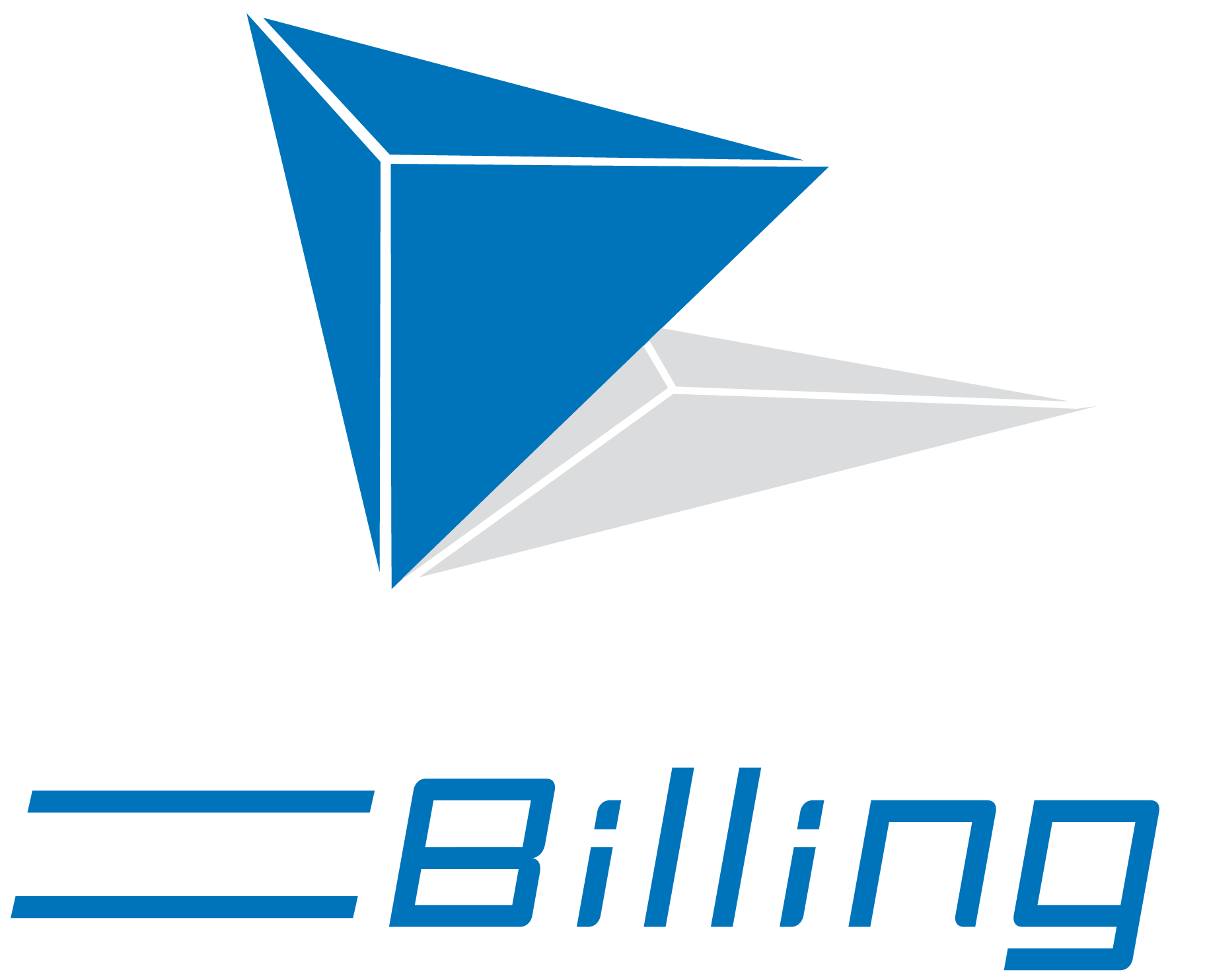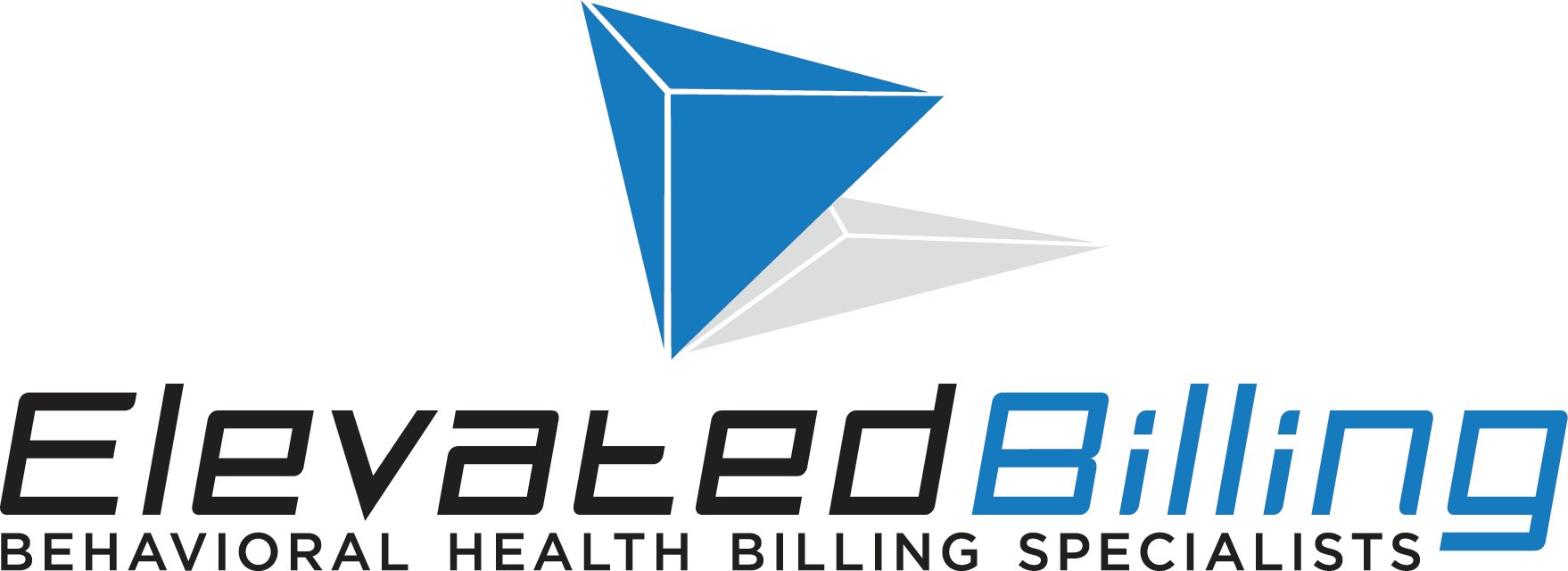American Health care today is a corporate business. Medical care, mental health care and substance abuse treatment are all at the mercy of this system.
Mental health and medical solo practitioners are looking to gain support through joining groups versus staying in their solo practices. The Affordable Care Act is allowing for that shift through mandating mental health benefits and insurance coverage, along with the Mental Health Parity Law, requiring private and public insurers to cover mental health needs at the same level as medical conditions — charge, for example, similar co- pays.
However, the idea of therapists, especially, moving into an interdisciplinary practice where somebody else is taking care of their billing is frightening.
There are, however, several reasons why doing so is much less of a risk by hiring a company to provide a very complicated service to one’s practice.
A third party medical billing or mental billing company can provide crucial services that will provide
protected financial stability and longevity for your practice.
What are these protected financial factors? Here are 7 Reasons for third party medical billing:
- Federal law requires compliance through established policies and procedures for billing companies and Standards of Conduct (including a commitment to compliance to requirements.) This requires an addiction treatment facility to not only hire and train internal staff on these policies, but to make sure they stay compliant….FOREVER.
- There are educational and training requirements of personnel providing billing and coding procedures. Think of this as sending your already busy clinical team members (highly paid therapists and medical personnel) to continuing education not within their professional field. A highly expensive and debatable investment.
- Risk areas of fraud, waste and abuse are monitored, including a hotline for folks to report complaints. Keeping billing in house opens the drug treatment facility to a variety of liability and catastrophic loss.
- Integrity of billing company’s information system is reviewed. The quality assurance that goes along with a properly ran billing department requires call monitoring, compliance auditing, and overall management. Think of the costs involved with that.
- Methods to resolve ambiguity in provider’s paperwork are required. Hopefully someone in your billing department has a law degree because dealing with a never-ending stream of appeals from insurance companies, denying every possible claim takes certain talent.
- There is a process for identifying and reporting credit issues. This is another learning curve that addiction rehabs must bear, not only for the cost of the employee, but the lost opportunity cost in having an expert right from the start collecting all the funds allowed.
- Ensured protection for no duplicate billings. Paperwork, policies, reporting, managing, compliance. This is a ton of work, costly hourly work by your staff that has NEVER been trained to do it efficiently.
This all sounds very legalized when we talk of third party medical billing, and for good reason. Having a dedicated, knowledgeable staff managing this part of your billing, whether solo or in a group setting, will bring you a much needed sense of peace and security, allowing you to attend to your passion and the care of those that brings meaning to your work and, to you.



